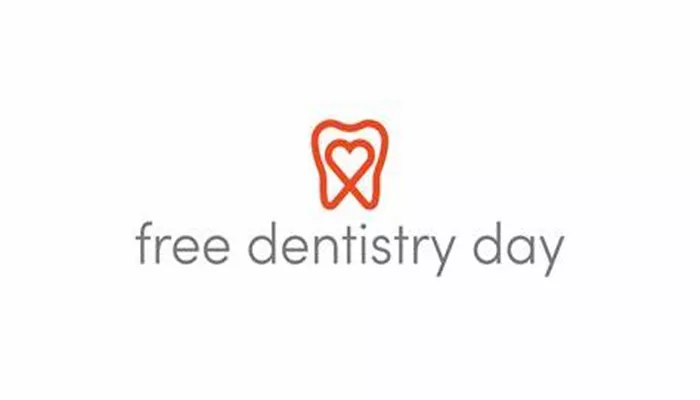The day after Halloween is a fitting time to discuss the economics of dental care, especially in Pennsylvania. In 2011, the Pennsylvania General Assembly cut Medicaid dental benefits, a decision that has proven costly for both finances and public health.
Initially, this change was expected to save the state $18.9 million annually. However, a 2023 study by the Pennsylvania Coalition for Oral Health revealed that emergency room costs for dental care increased by $35 million each year. Nearly 80% of dental-related emergency room visits could have been managed more effectively by a dentist. States that expanded their Medicaid dental benefits saw a 14% drop in emergency visits within just one year.
While Pennsylvania’s Medicaid still covers basic procedures like cleanings and fillings, more complex treatments, such as root canals, require a rare “benefit limit exception.” Dentists report that over 90% of these requests are denied.
Restoring Medicaid dental coverage to its 2011 levels would cost about $40 million now. Considering the $35 million spent on emergency visits, the net cost would only be $5 million. This investment would alleviate pressure on emergency rooms and ensure more people receive preventive care that saves money and improves health in the long run.
Neglecting dental care can lead to serious issues. Oral pain rarely resolves itself and often results in more complicated and costly procedures later on. Emergency room visits for dental problems can cost three to five times more than regular dental care. Unfortunately, patients may leave hospitals with only pain management or antibiotics because hospitals cannot provide comprehensive dental treatment.
Poor oral health also carries social implications. In states without Medicaid dental benefits, 60% of users report that their teeth’s appearance affects their job prospects. This figure drops to 35% in states where dental benefits are available. Thus, funding dental care not only addresses health needs but also has broader economic benefits.
However, simply increasing Medicaid coverage won’t solve all problems. Low federal reimbursements make it difficult for dentists to provide care to low-income patients. As a result, many dentists do not accept Medicaid, making it harder for patients to find care and allowing their health to deteriorate. Any reform of Medicaid must prioritize dental care.
Pennsylvania should not sacrifice the oral health of its poorest residents in the name of budget cuts. Bipartisan efforts to restore Medicaid’s dental coverage to pre-2011 levels stalled earlier this year in the state senate; this initiative needs to be revived and passed into law.
Related topics:

